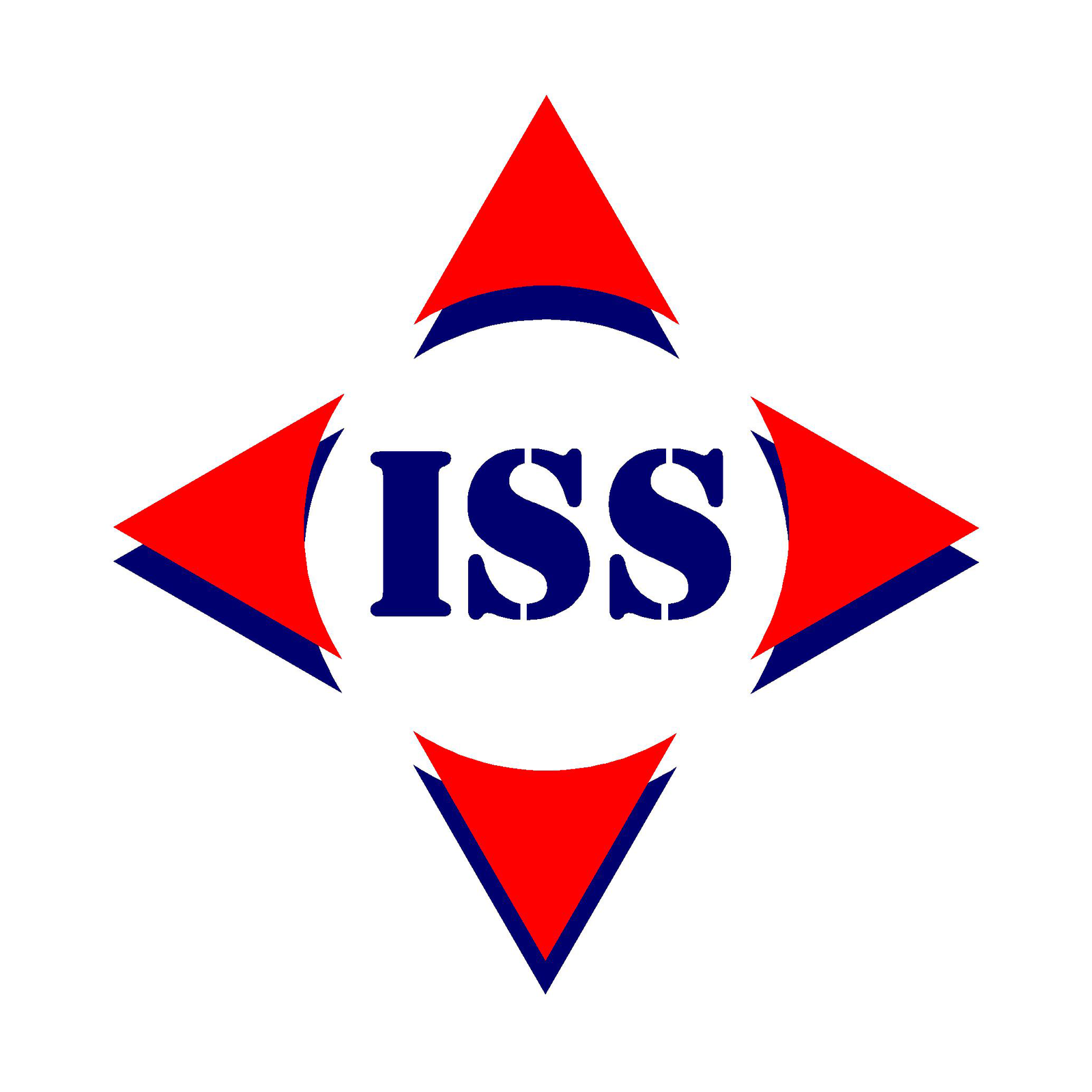
Container seals are an important security measure in the shipping industry, as they help to prevent tampering or theft of cargo during transportation. A container seal is a tamper-evident device that is attached to the doors of a shipping container, and is used to secure and protect the contents of the container during transit.
Bolt Seals and Cable Seals
There are two main types of container seals: bolt seals and cable seals. Bolt seals are typically made of metal and feature a locking mechanism that is secured with a unique serial number. Cable seals, on the other hand, are made of plastic or metal and feature a flexible cable that is sealed with a tamper-evident tape or label.
How to use a Shipping Container Security Seal
To use a container seal, the seal is attached to the doors of the shipping container and locked in place. The serial number or other identifying information is recorded, and the seal is inspected by the shipping company or customs officials to ensure that it has not been tampered with. If the seal is intact and has not been breached, the container is considered secure and can be transported.
If the container seal is broken or tampered with during transit, this is a clear sign that the cargo may have been accessed or stolen. In this case, the shipping company or customs officials will investigate the situation and take appropriate action, such as reporting the incident to the authorities or conducting a thorough inspection of the cargo.
Benefits of Shipping Container Security Seals
In addition to providing security, container seals also serve as a critical part of the supply chain, as they help to track and trace the movement of cargo from one location to another. By recording and tracking the serial numbers of container seals, shippers and transportation providers can monitor the location and status of their cargo at all times, and ensure that it is being handled and transported safely and securely.
Overall, container seals are an essential security measure in the shipping industry, and play a vital role in protecting cargo and ensuring the smooth operation of the global supply chain.
For shipping services that are secure, efficient, and cost-effective, get in touch with ISS Shipping today!
Container Seals FAQ
Q: What is the purpose of ISS Shipping’s Guide to Container Seals?
A: The purpose of ISS Shipping’s Guide to Container Seals is to provide information and guidance on container seals, specifically container bolt seals, for ensuring the security and compliance of shipments.
Q: What is a container seal?
A: A container seal is a type of high-security seal used to secure shipping containers and prevent tampering or unauthorised access.
Q: What is a tamper evident seal?
A: A tamper evident seal is a security seal that provides evidence of tampering by showing visible signs of compromise or manipulation.
Q: Are container seals compliant with industry regulations?
A: Yes, container seals are designed to be compliant with industry regulations and standards for container security.
Q: How do container seals provide security?
A: Container seals provide security by acting as a barrier that prevents unauthorised access to the container. They are built to withstand tampering attempts and provide peace of mind for the integrity of the shipment.
Q: What are the benefits of using container seals?
A: The benefits of using container seals include enhanced supply chain security, evidence of tampering, compliance with industry regulations, and peace of mind.
Q: What types of shipping containers are container seals suitable for?
A: Container seals are suitable for a wide range of shipping containers, including those used for ISO container shipping, rail transportation, and carbon steel containers.
Q: Are there different types of container seals available?
A: Yes, there are various types of container seals available to cater to different security requirements and specifications.
Q: Are container seals C-TPAT compliant?
A: Yes, container bolt seals can be C-TPAT compliant, ensuring compliance with the Customs-Trade Partnership Against Terrorism program.




